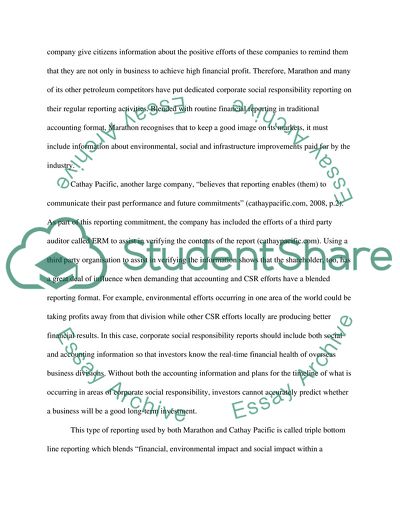Cite this document
(Why Does Report to Stakeholders Matter Term Paper, n.d.)
Why Does Report to Stakeholders Matter Term Paper. Retrieved from https://studentshare.org/finance-accounting/1730232-accounting-reporting-to-stakeholders
Why Does Report to Stakeholders Matter Term Paper. Retrieved from https://studentshare.org/finance-accounting/1730232-accounting-reporting-to-stakeholders
(Why Does Report to Stakeholders Matter Term Paper)
Why Does Report to Stakeholders Matter Term Paper. https://studentshare.org/finance-accounting/1730232-accounting-reporting-to-stakeholders.
Why Does Report to Stakeholders Matter Term Paper. https://studentshare.org/finance-accounting/1730232-accounting-reporting-to-stakeholders.
“Why Does Report to Stakeholders Matter Term Paper”, n.d. https://studentshare.org/finance-accounting/1730232-accounting-reporting-to-stakeholders.


